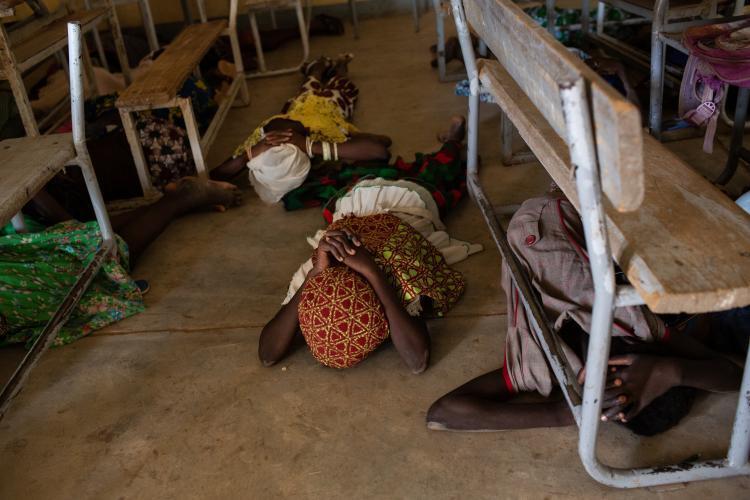
EU adopts new rules to significantly cut packaging waste with re-use targets
The European Union has formally adopted a regulation on packaging and packaging waste. The new ...

The United Nations children’s organization, UNICEF, has appealed for $ 208 million to offer humanitarian assistance for 5 million children in the Central Sahel during 2020.
UNICEF is on the ground in Burkina Faso, Mali and Niger, working with partners to provide children with urgently needed support and services in protection, education, health, nutrition, water and sanitation
The children’s need for help is linked to a surge in violence that has included attacks against children and civilians, abductions and recruitment of children into armed groups.
“When we look at the situation in the Central Sahel, we cannot help but be struck by the scale of violence children are facing. They are being killed, mutilated and sexually abused, and hundreds of thousands of them have had traumatic experiences”, said Ms Marie-Pierre Poirier, UNICEF Regional Director for West and Central Africa.
Attacks against children have spiked over the past year, as an example, Mali which recorded 571 grave violations against children during the first three quarters of 2019, compared to 544 in 2018 and 386 in 2017.
Since the start of 2019, more than 670,000 children across the region have been forced to flee their homes because of armed conflict and insecurity.
“Children affected by the violence in the Central Sahel urgently need protection and support,” Poirier added. “UNICEF calls on governments, armed forces, non-state armed groups and other parties to conflict to stop attacks on children (in their homes, schools or health centers). UNICEF is asking for safe access to all affected children, in line with humanitarian principles. We urge all parties to protect and facilitate access to social services. This is a cornerstone for social cohesion and contributes to preventing conflict.”
The spike in violence also has devastating implications on children’s learning. At the end of 2019, more than 3,300 schools in the three countries were closed or non-operational due to violence – a six-fold increase since April 2017 – affecting 650,000 children and 16,000 teachers.
Insecurity and displacement are creating significant barriers for children and families trying to access essential services, food and nutritional supplies – risk factors that can lead to the deterioration of children’s health and nutritional status. UNICEF estimates that across the central Sahel, over 709,000 children under 5 years will suffer from severe acute malnutrition and require lifesaving treatment this year.
Meanwhile, families’ access to safe water is also dwindling. In Burkina Faso alone, access to safe water fell by 10 percent from 2018 to 2019 across areas where internally displaced people represent more than one-fifth of the population. Some areas have experienced as much as a 40 per cent decrease.
The European Union has formally adopted a regulation on packaging and packaging waste. The new ...
Inaugurating the Abydos Solar Power Plant in the Upper Egypt governorate of Aswan represents a ...
Businesses that fail to adapt to climate risks like extreme heat could lose up to ...


اترك تعليقا